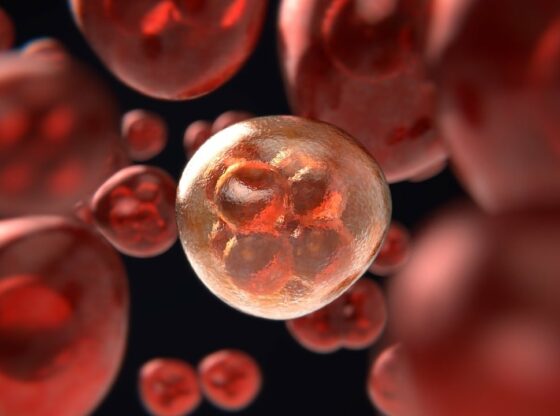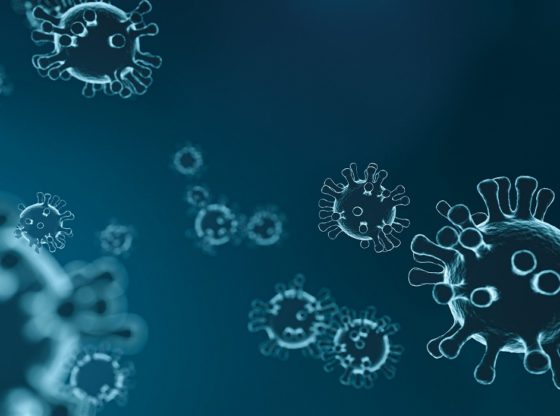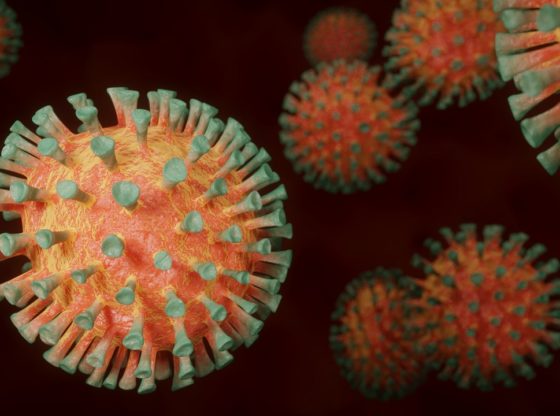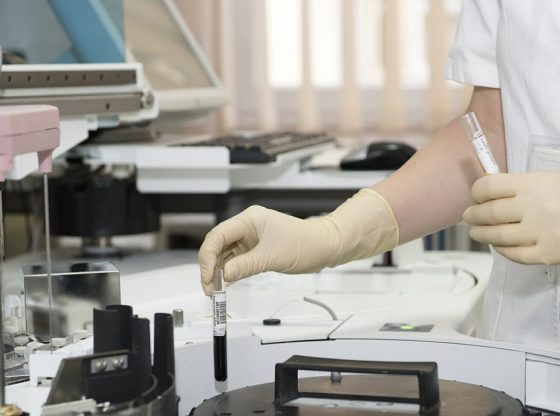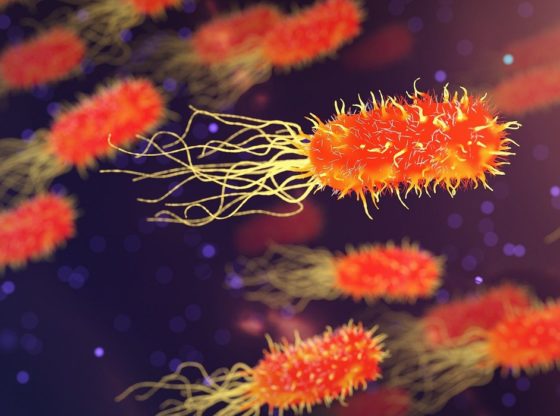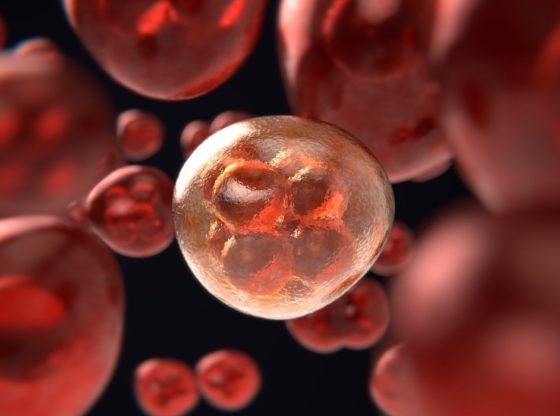
Researchers in China have discovered that panda blood contains an antibody that may be effective against bacteria. And particularly effective against so-called “super-bug”, bacteria resistant to our present lineup of antibiotics.
Resistance
Antibiotic resistance is a big and growing concern for future human health. It is a form of drug resistance whereby some sub-populations of microorganisms, usually bacteria, are able to survive exposure to one or more antibiotics. These drug-resistant species cause infections that cannot be treated with the usual antibiotic drugs.
What is worse, is that some pathogens have developed resistance to multiple antibiotics. More recently, the term “superbug” has become widespread in both popular and technical accounts of the phenomenon for which it is synonymous.
The more we use antibiotics the higher the risk is for bacteria to develop residence against these drugs, via a natural process of selection and evolution. The need is, therefore, to urgently develop a whole new set of antibiotics in the war against bacteria.
Panda Blood
Much research is therefore invested into finding an alternative drug against bacteria. As animals, fungi, and vegetation are examined all around the world, a team of Chinese researchers has now found what could be an important discovery.
The researchers discovered that giant panda blood may hold the key to a potential ally in the development of future drugs. They stumbled upon an antibody called cathelicin-AM in the panda blood. And it seems to be effective in killing certain bacterial strains, and also fungi. It is even effective against such bacteria that have become resistant to multiple antibiotic drugs.
The compound cathelicin-AM also works much faster than conventional drugs, killing off strains of bacteria in just an hour, compared to six hours – according to the researchers.
“[The substance] showed potential antimicrobial activities against wide spectrum of microorganisms including bacteria and fungi, both standard and drug-resistant strains,” said Xiuwen Yan, of the Life Sciences College at China’s Nanjing Agricultural University, according to the Telegraph.
“Under the pressure of increasing microorganisms with drug resistance against conventional antibiotics, there is urgent need to develop new types of antimicrobial agents.”, he adds.
The researchers will now aim to develop a synthetic version of the antibody by decoding the giant panda genes and perhaps this discovery could be useful in the future.

